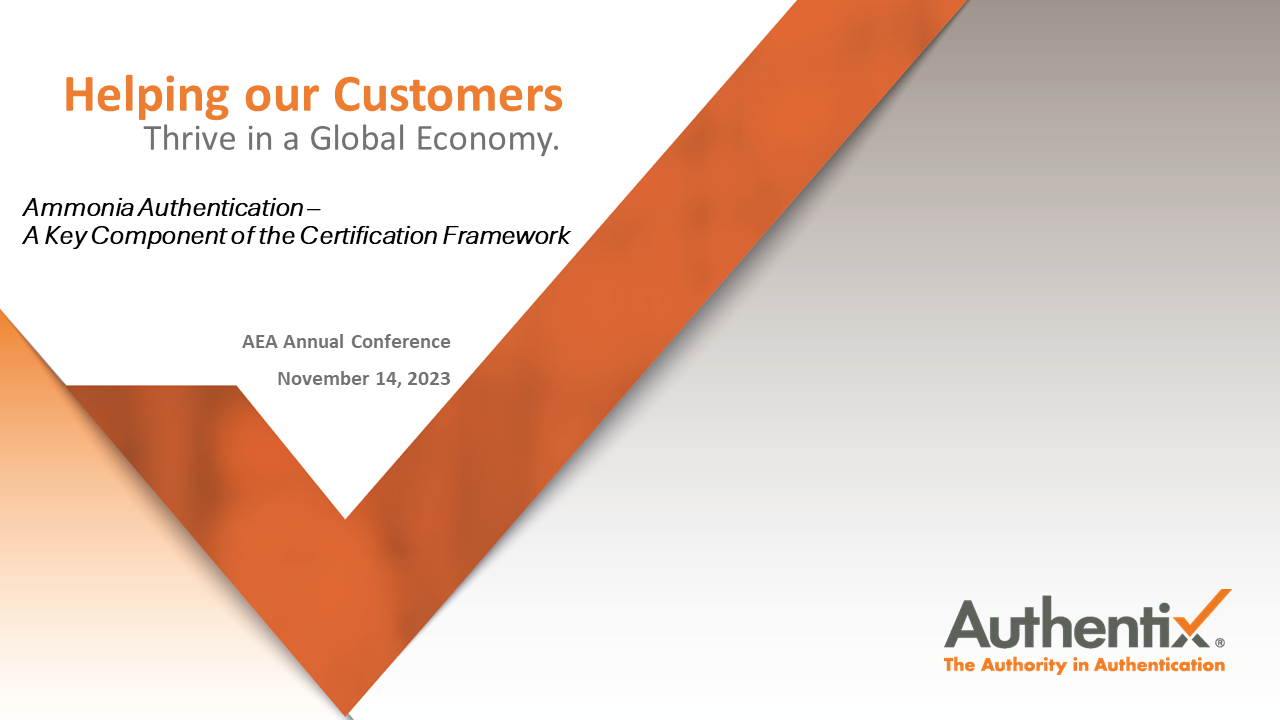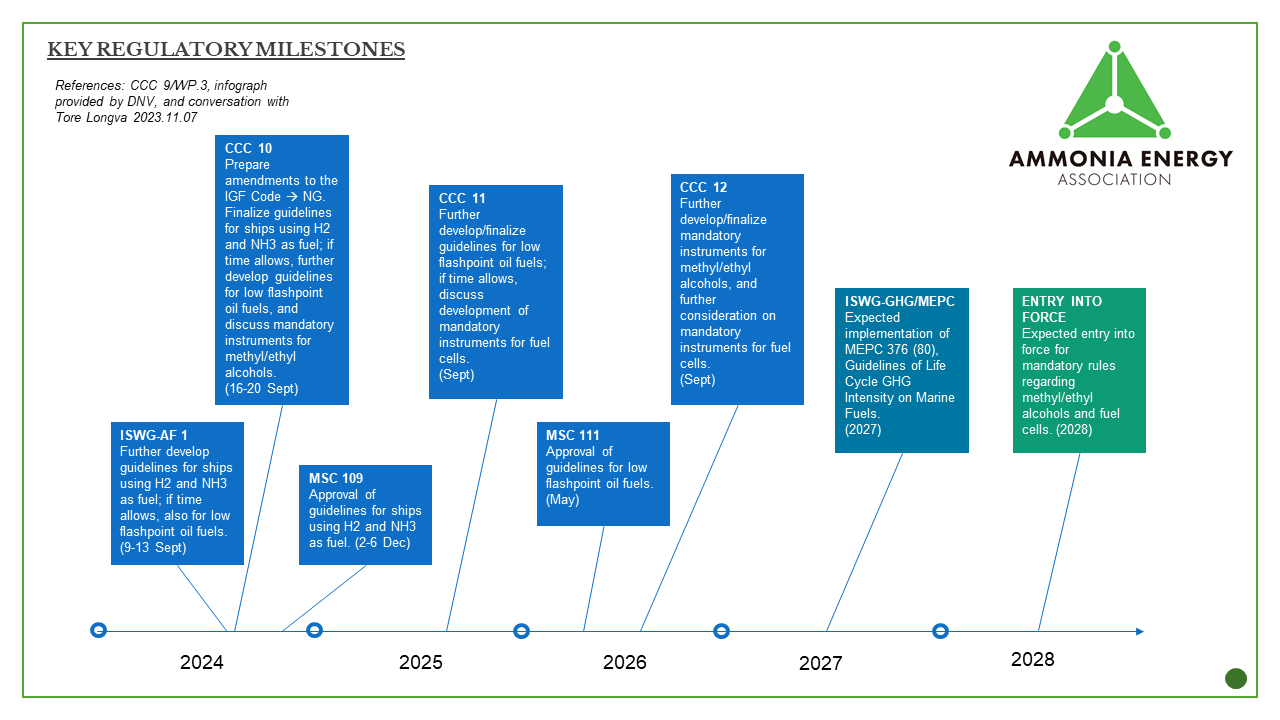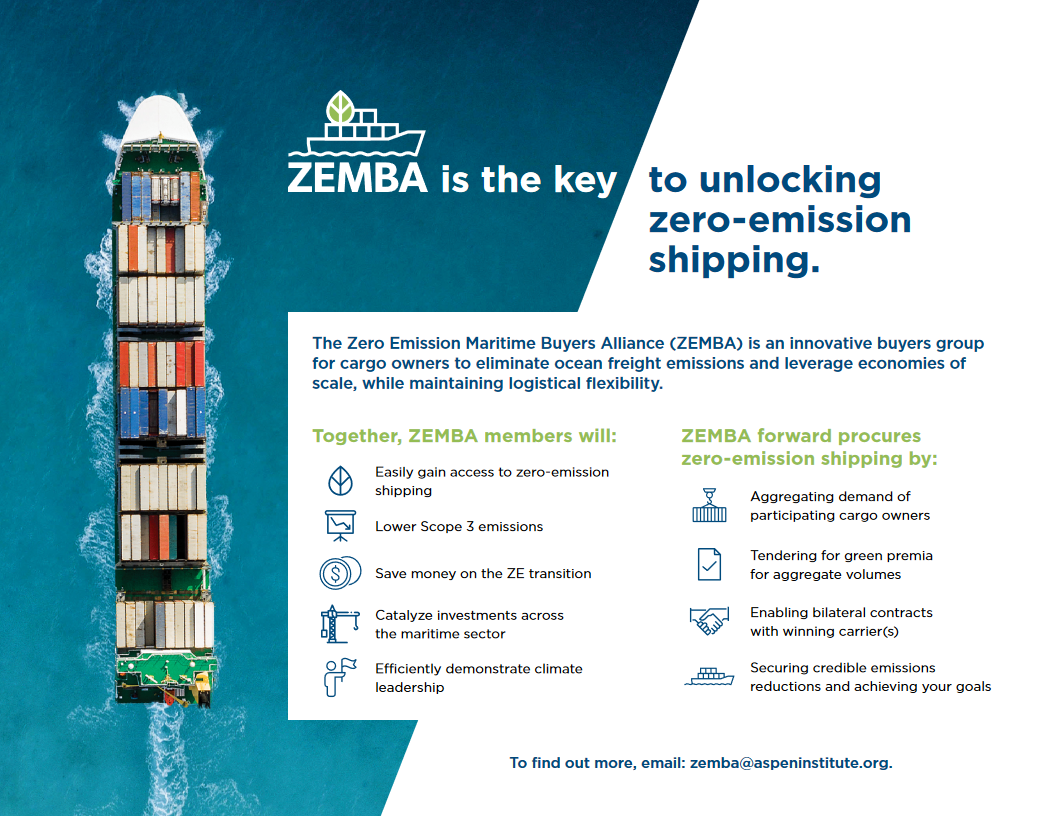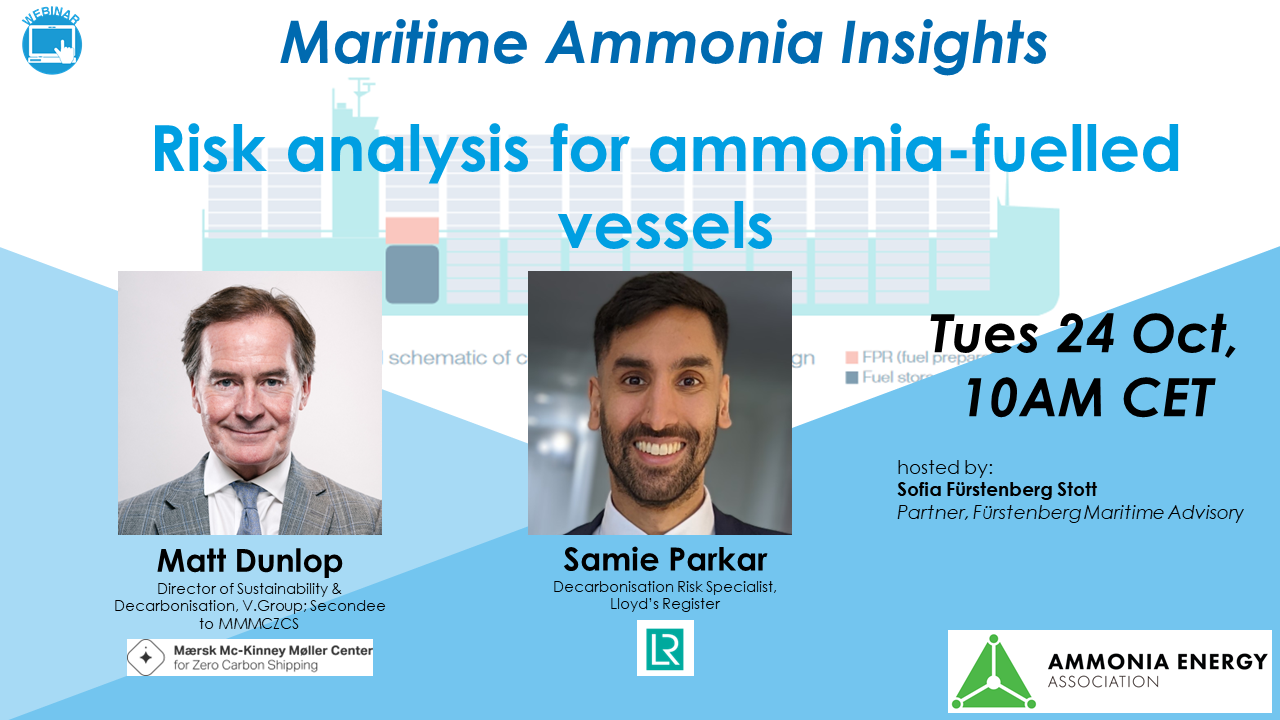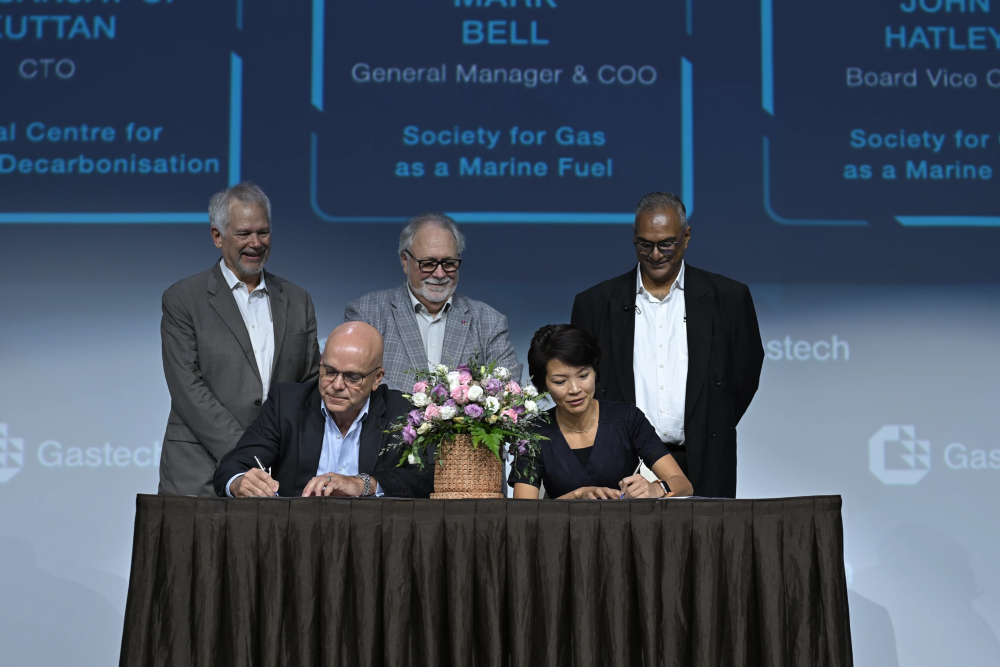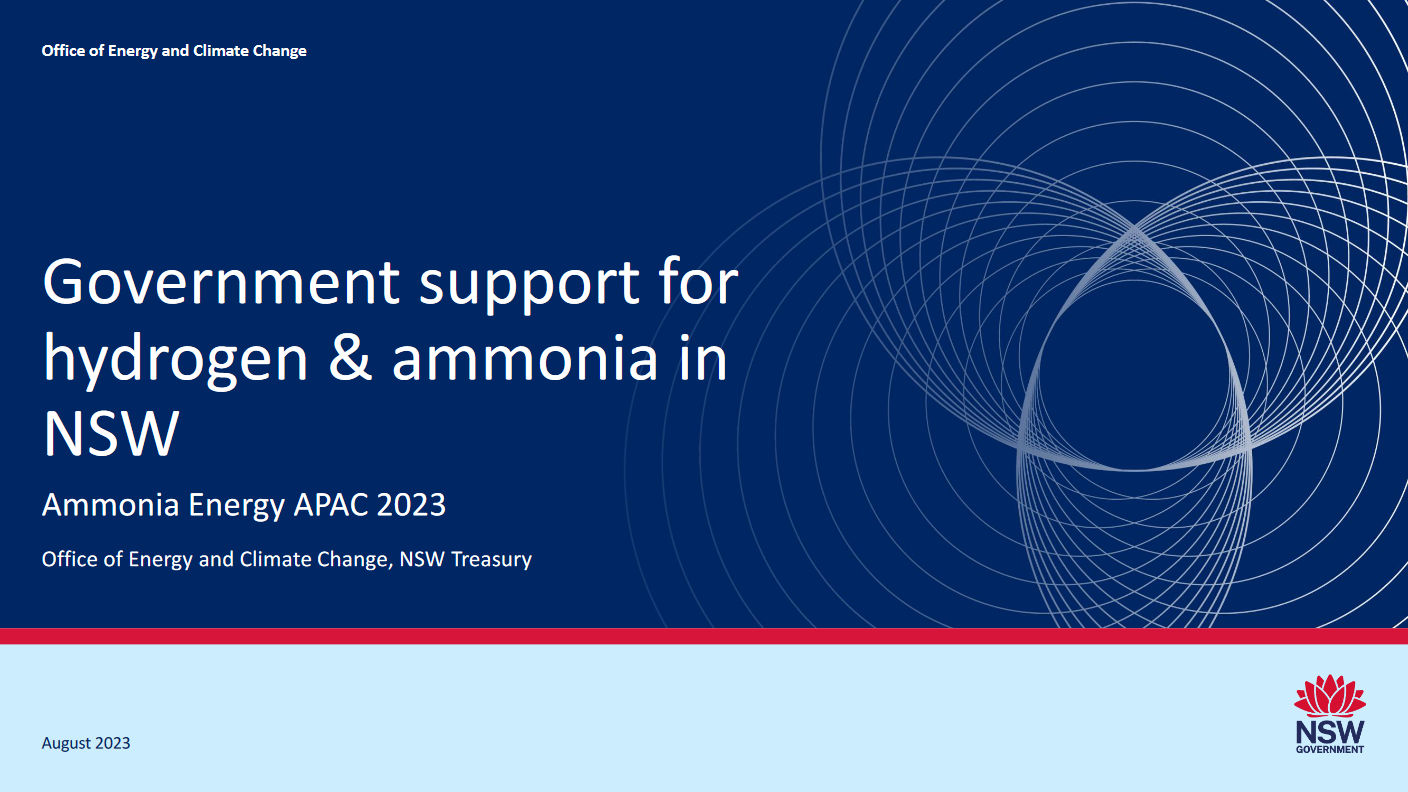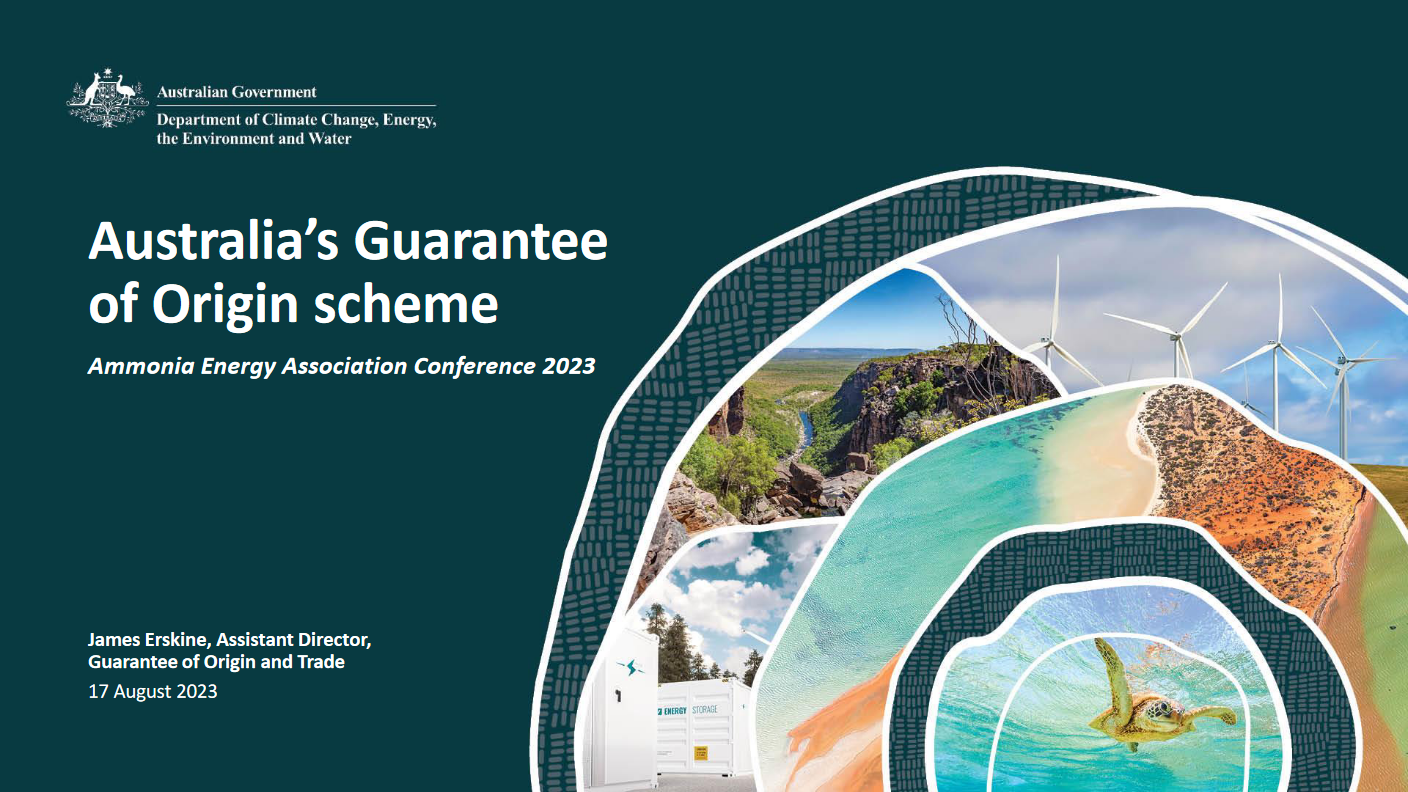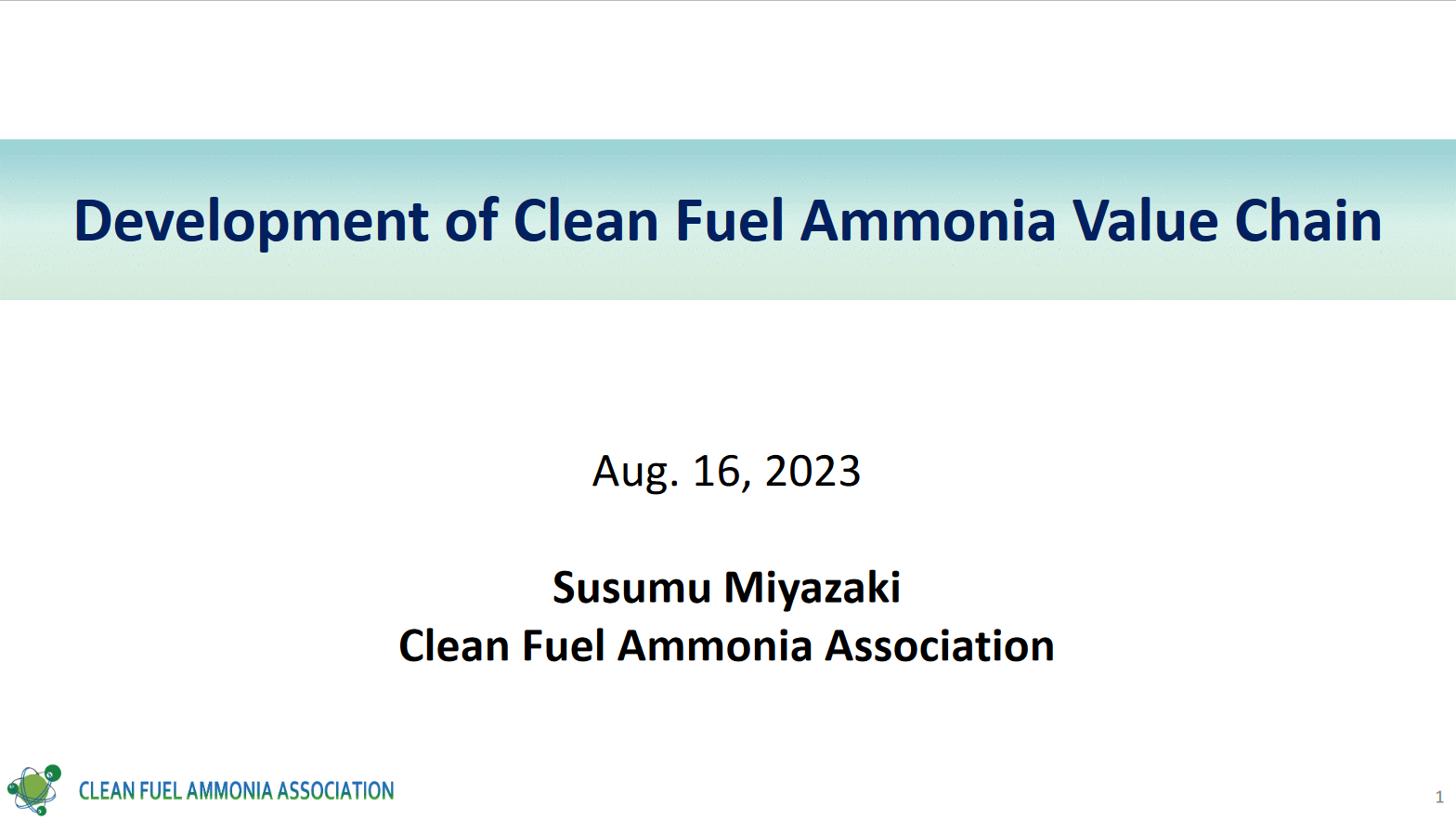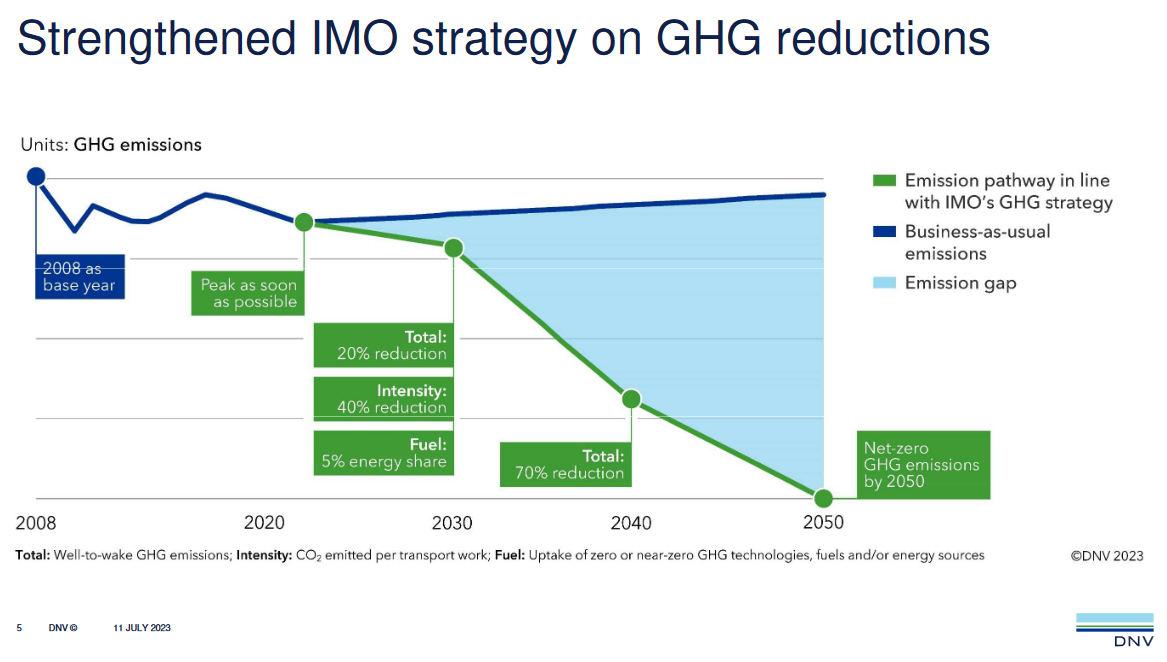The IMO reports that significant progress has been made on the development of draft interim guidelines for the safety of ships using ammonia as fuel. Approval of the final guidelines is scheduled for December 2024, with a series of key regulatory updates due in the coming years.
Regulations
Maritime buyers alliance launches tender for zero-emissions shipping
The Zero Emission Maritime Buyers Alliance has launched a tender process for container shipping powered by zero-emissions fuels. The twenty-member Alliance includes major global consumer brands, and is seeking bids to meet an aggregate demand of 600,000-plus TEUs over 3 years, with a book-and-claim approach to be used for fuel certification. The demand-side initiative comes as a new report from UMAS and the Getting to Zero Coalition finds the window of opportunity for the global shipping industry to meet its 2030 goals is closing.
Risk analysis for ammonia-fueled vessels
Hear from the authors of a new joint study into ammonia safety onboard ships. The study is the most comprehensive to-date on the effectiveness of risk mitigation measures applied to ammonia-fueled vessels, pairing Quantitative Risk Assessment with an analysis of human factors.
The NH3 Kraken: Amogy’s ammonia-powered tugboat
As part of our Maritime Ammonia Insights series, we explore progress onboard the NH3 Kraken, Amogy’s ammonia-powered tug being developed in New York state. We heard updates on vessel retrofits, design points, project partners, the ongoing relationship with the US Coast Guard, HAZOP assessments, regulatory work and the remaining challenges before the tug hits the water for operational trials. Amogy’s Abigail Jablanksky and Chief Safety Solutions’ Herbert Fowlkes joined Conor Furstenberg Stott in conversation.
New partnership to develop guidelines for use of ammonia as a marine fuel
The Global Centre for Maritime Decarbonisation and the Society for Gas as a Marine Fuel will collaborate on new guidelines for ammonia as a marine fuel. The work will help build towards ammonia bunkering demonstrations in Singapore.
NSW Hydrogen Strategy update
Development of Clean Fuel Ammonia Value Chain
The IMO charts a course to net-zero
The IMO member states have agreed to a new roadmap for the decarbonisation of the global shipping sector, including emissions reduction targets to be met in 2030 and 2040. It was also established that a well-to-wake approach will be the basis for the lifecycle analysis of maritime fuels going forward, with the uptake of near or zero-carbon alternative technologies & fuels to account for 5 - 10% of the global shipping sector by 2030.
